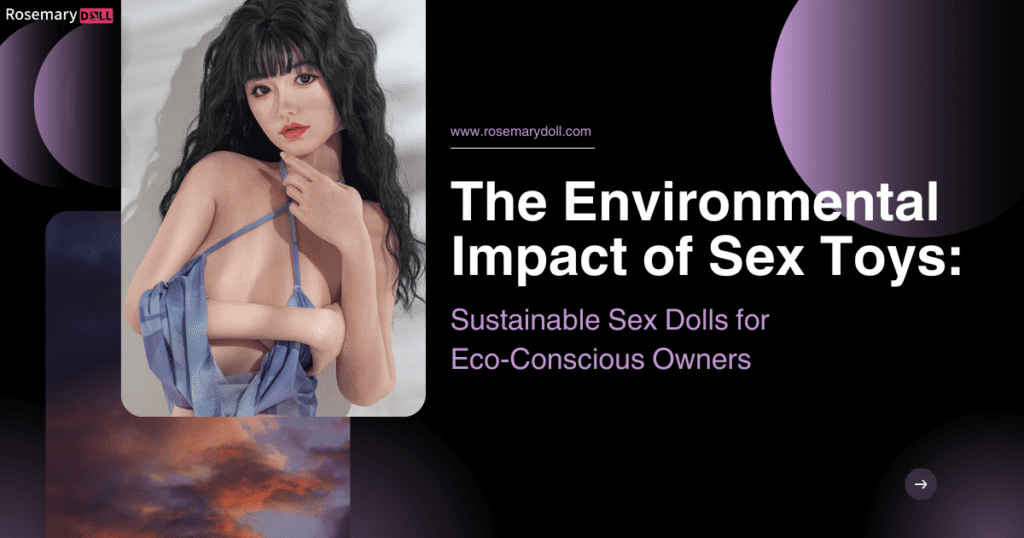The growing popularity of sex dolls has raised important questions about their disposal. As with any product, responsible disposal is crucial to minimize ethical and environmental impact. Traditional waste disposal methods often prove unsuitable for these unique items, necessitating alternative solutions that prioritize both respect and sustainability. This article will explore various options for ethically and responsibly disposing of a sex doll, ensuring you make an informed decision aligned with your values.
This guide will delve into the ethical considerations surrounding sex doll disposal, examine the environmental consequences of improper disposal, and present viable alternatives such as donation, resale, and specialized recycling programs. We’ll also emphasize the importance of legal compliance and local regulations to ensure responsible handling throughout the process.
Ethical Considerations in Sex Doll Disposal
Disposing of a sex doll ethically involves recognizing its inherent value beyond its functional purpose. Treating it with respect during disposal reflects a consideration for the emotional connection some individuals may have with these objects.
It’s important to avoid simply discarding a sex doll as trash, as this can be perceived as disrespectful and insensitive. Consider the potential impact on others who might encounter the discarded doll, and strive to handle it with dignity throughout the disposal process. Transparency and open communication about your intentions are also crucial when dealing with individuals involved in the donation or resale process.
Environmental Impact of Improper Disposal
Improper disposal of sex dolls can have detrimental environmental consequences. Many dolls are constructed from synthetic materials like silicone, plastics, and fabrics that take hundreds of years to decompose in landfills. This contributes to plastic pollution, soil contamination, and the depletion of natural resources.
Furthermore, improper disposal can release harmful chemicals into the environment as these materials break down. This poses a risk to wildlife and ecosystems, ultimately impacting human health as well. Choosing eco-friendly disposal methods helps mitigate these negative environmental impacts and promotes responsible consumption.
Donation and Resale Options
Donating or reselling your sex doll offers ethical and sustainable alternatives to traditional disposal.
Donation
Consider donating your doll to theater groups, costume shops, art schools, or even educational institutions that may utilize it for props, demonstrations, or research purposes. Ensure the recipient understands the nature of the object and is comfortable with its intended use.
Resale
Online platforms like eBay, Craigslist, or specialized forums dedicated to sex dolls can provide a market for reselling your doll. Clearly disclose the condition and any relevant information about the doll in your listing.
Specialized Recycling Programs for Synthetic Materials
Specialized recycling programs are increasingly available for synthetic materials commonly found in sex dolls. These programs often focus on breaking down plastics, silicones, and fabrics into reusable components or repurposing them into new products. Research local recycling facilities or online directories to find programs that accept these specific materials.
Legal Compliance and Local Regulations
Before disposing of a sex doll, familiarize yourself with local regulations and ordinances regarding waste disposal and the sale of adult products. Some jurisdictions may have specific guidelines for handling these items, so ensure your chosen method complies with all applicable laws. Contact your local waste management department or legal authorities for clarification on any uncertainties.
Conclusion
Responsible how to dispose of a sex doll is essential for ethical and environmental considerations. By exploring donation, resale, specialized recycling programs, and adhering to legal regulations, you can ensure your chosen method minimizes harm and promotes sustainability. Remember, treating these objects with respect throughout the disposal process reflects a commitment to responsible consumption and a consideration for the well-being of both people and the planet.



